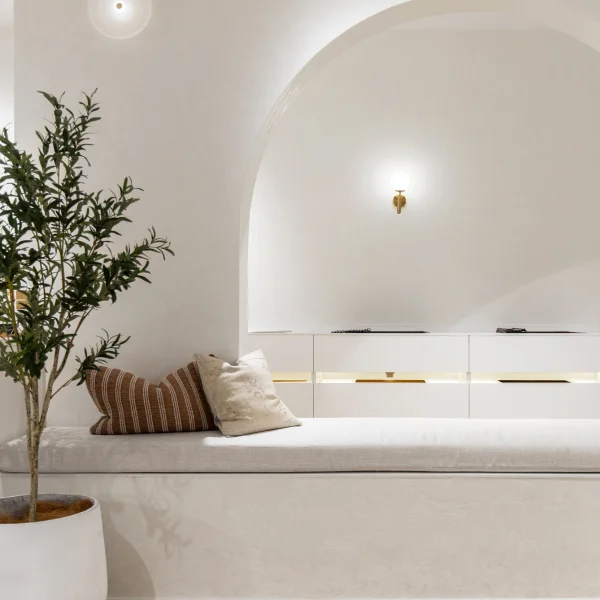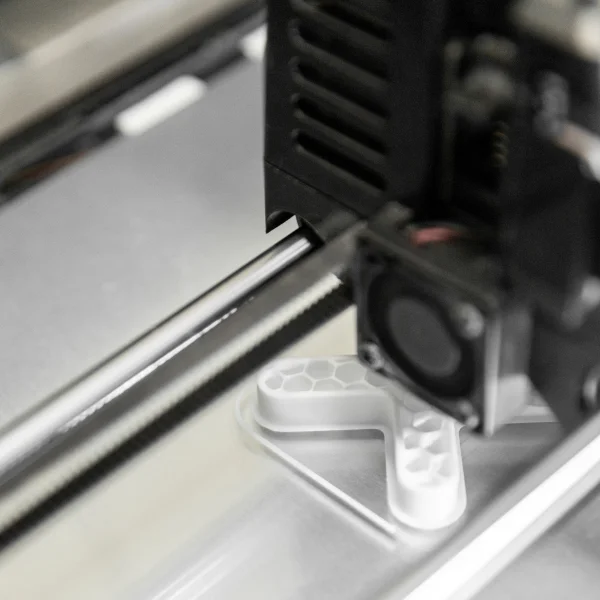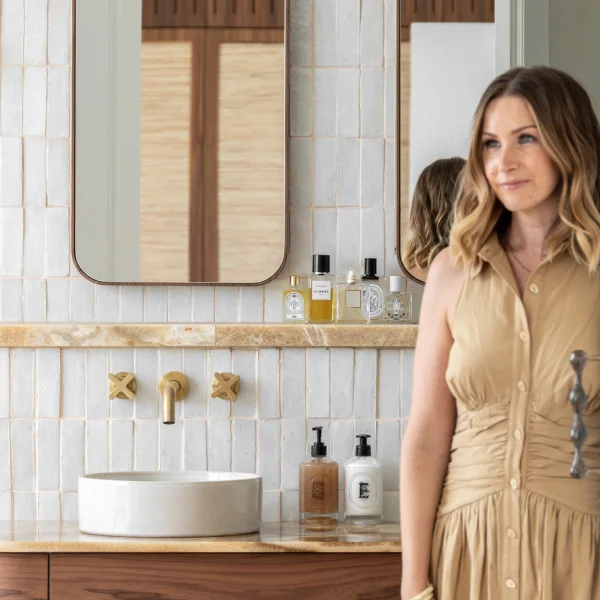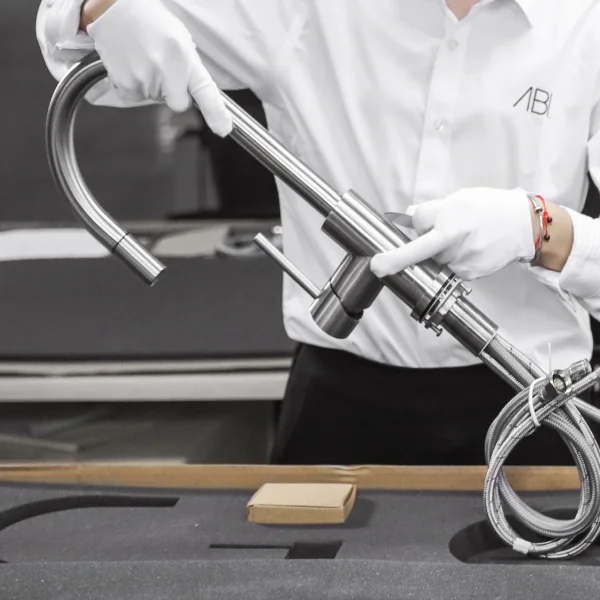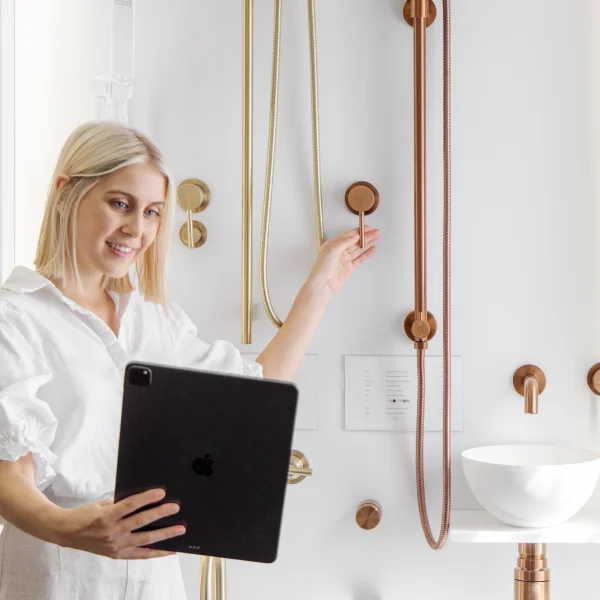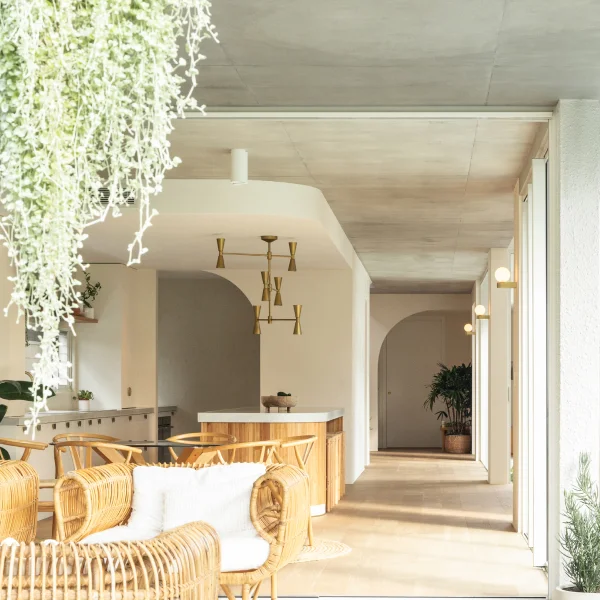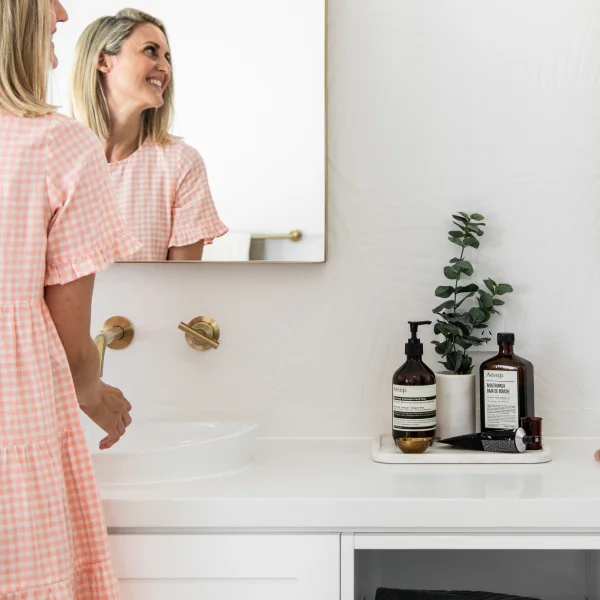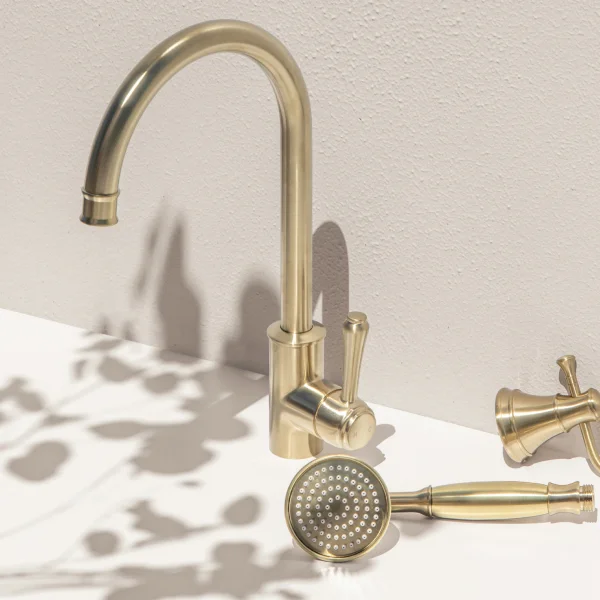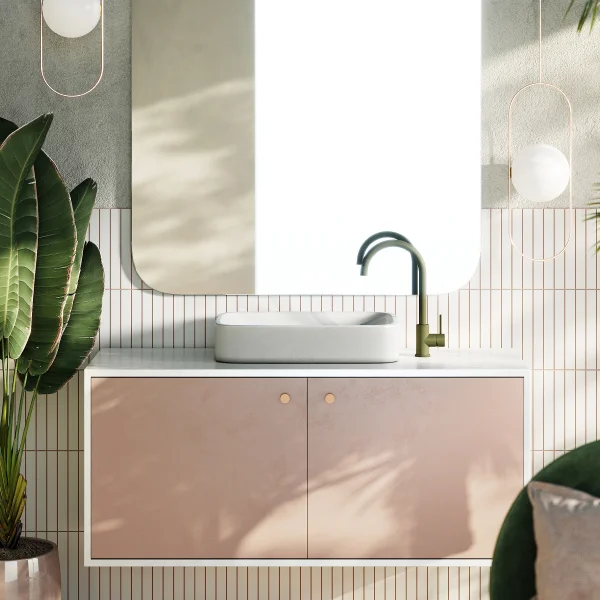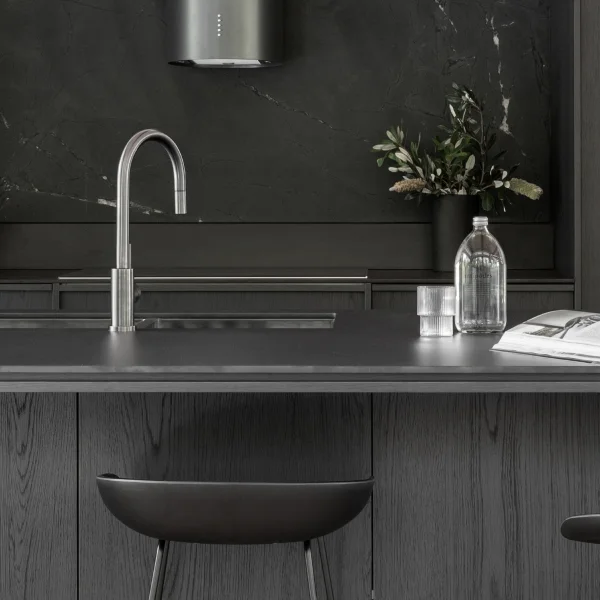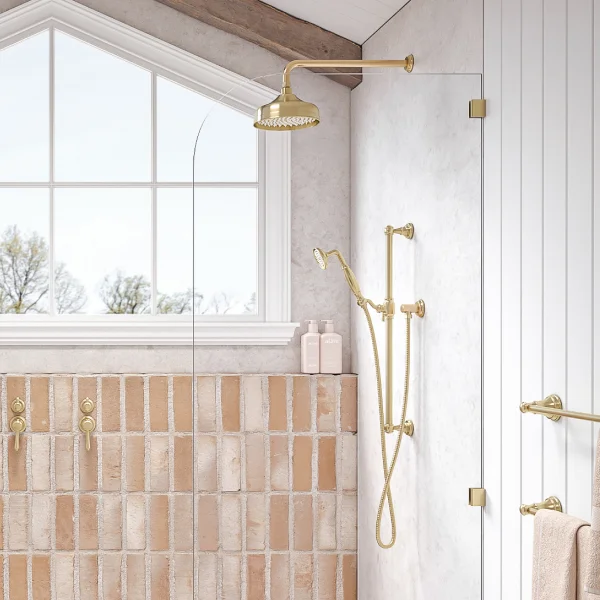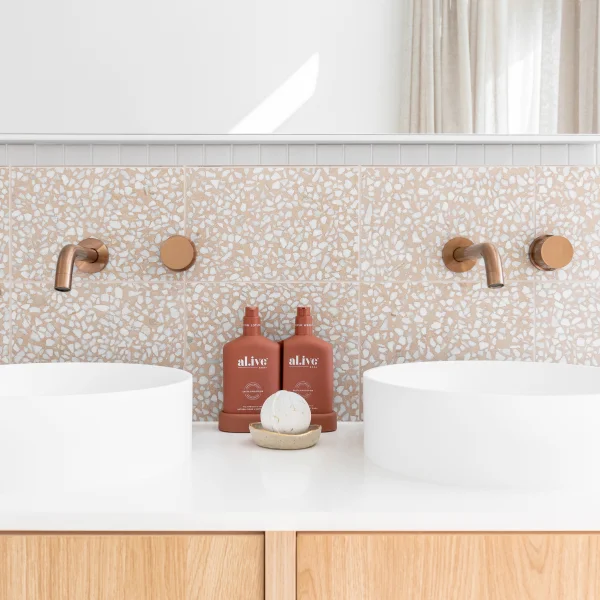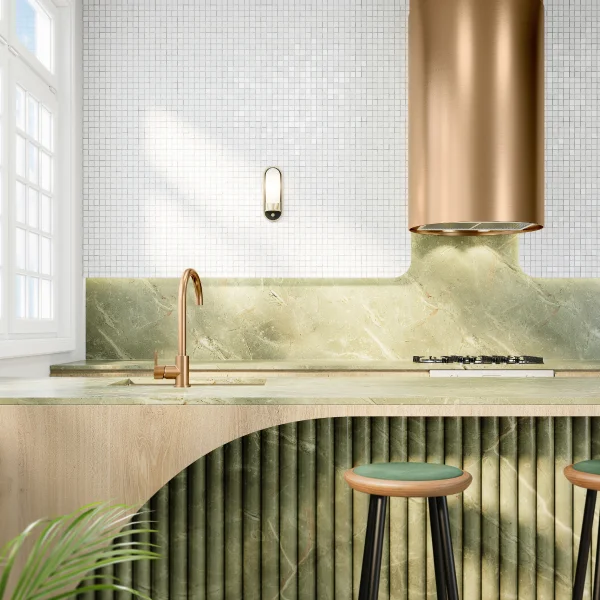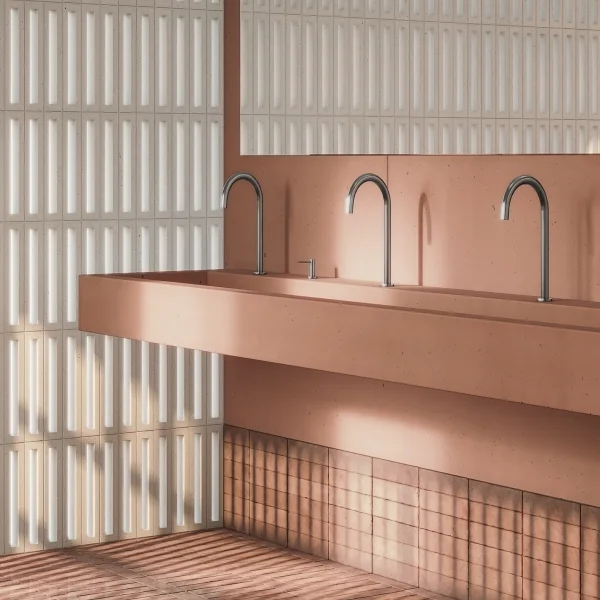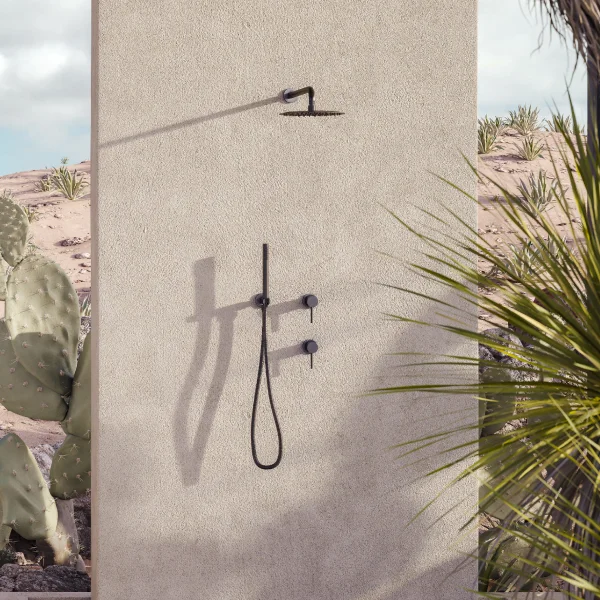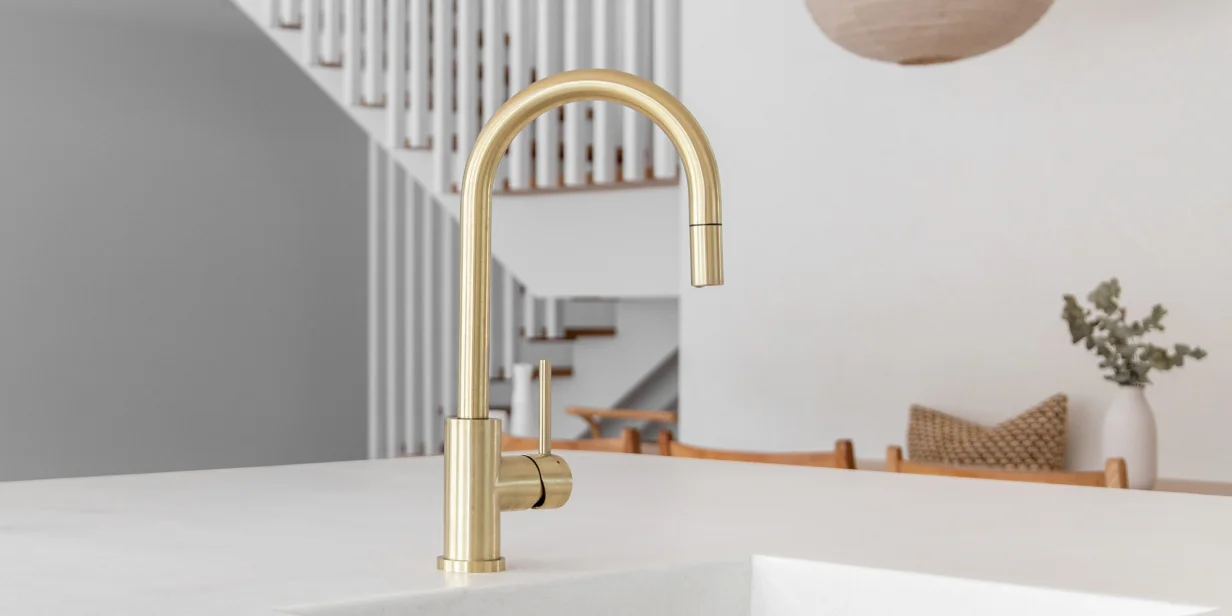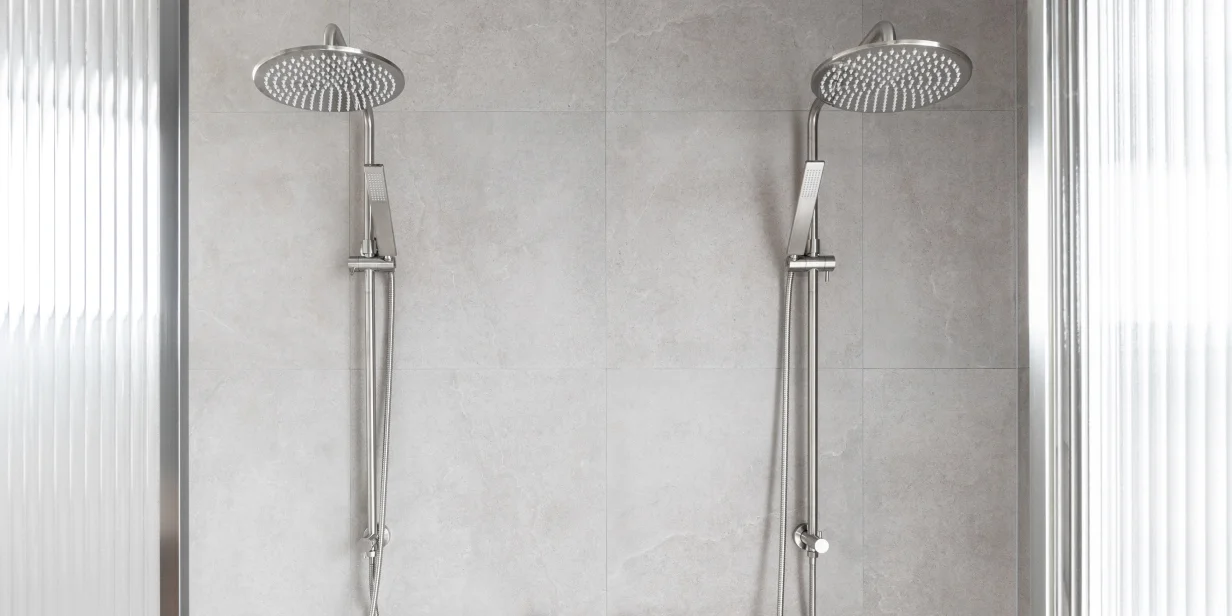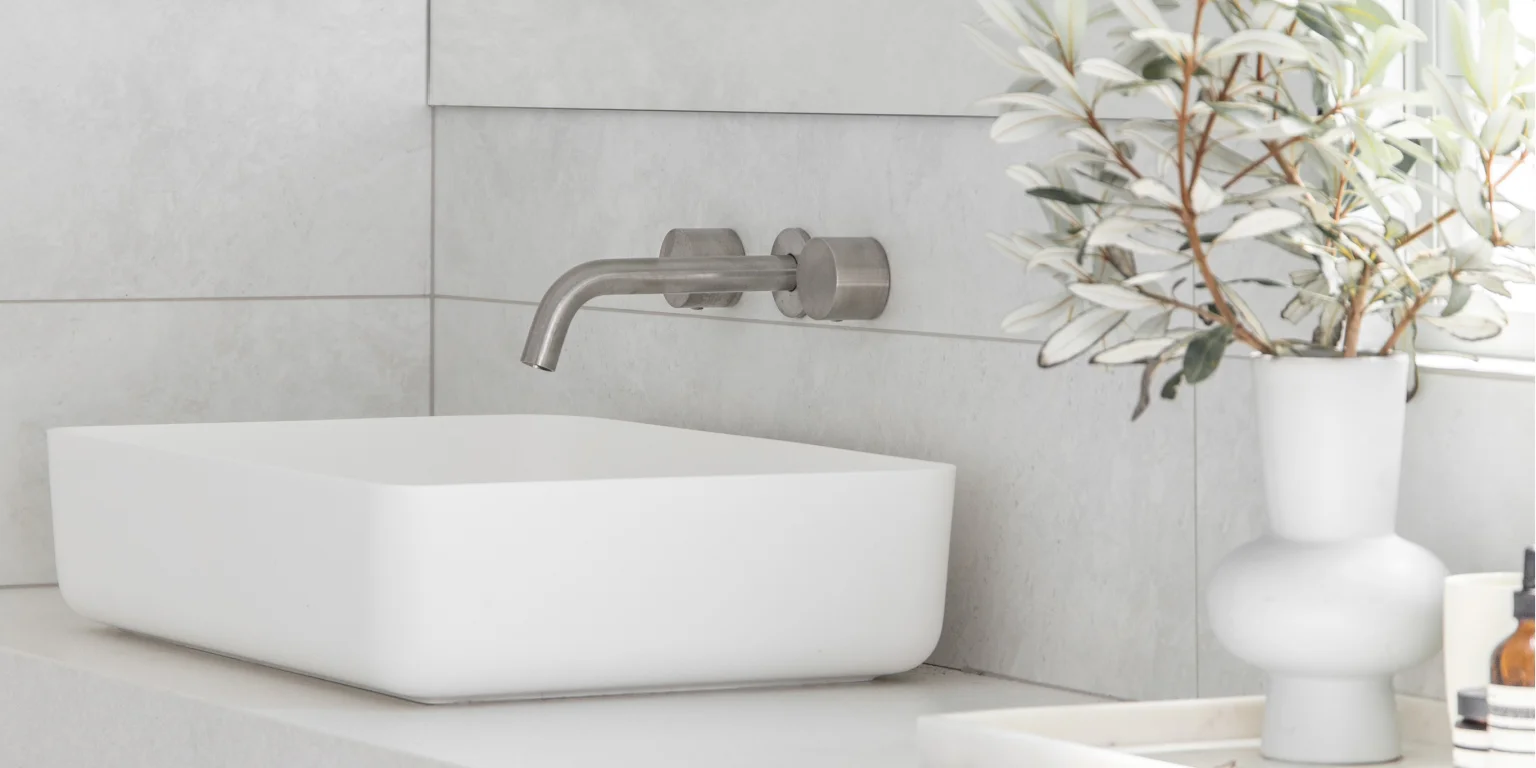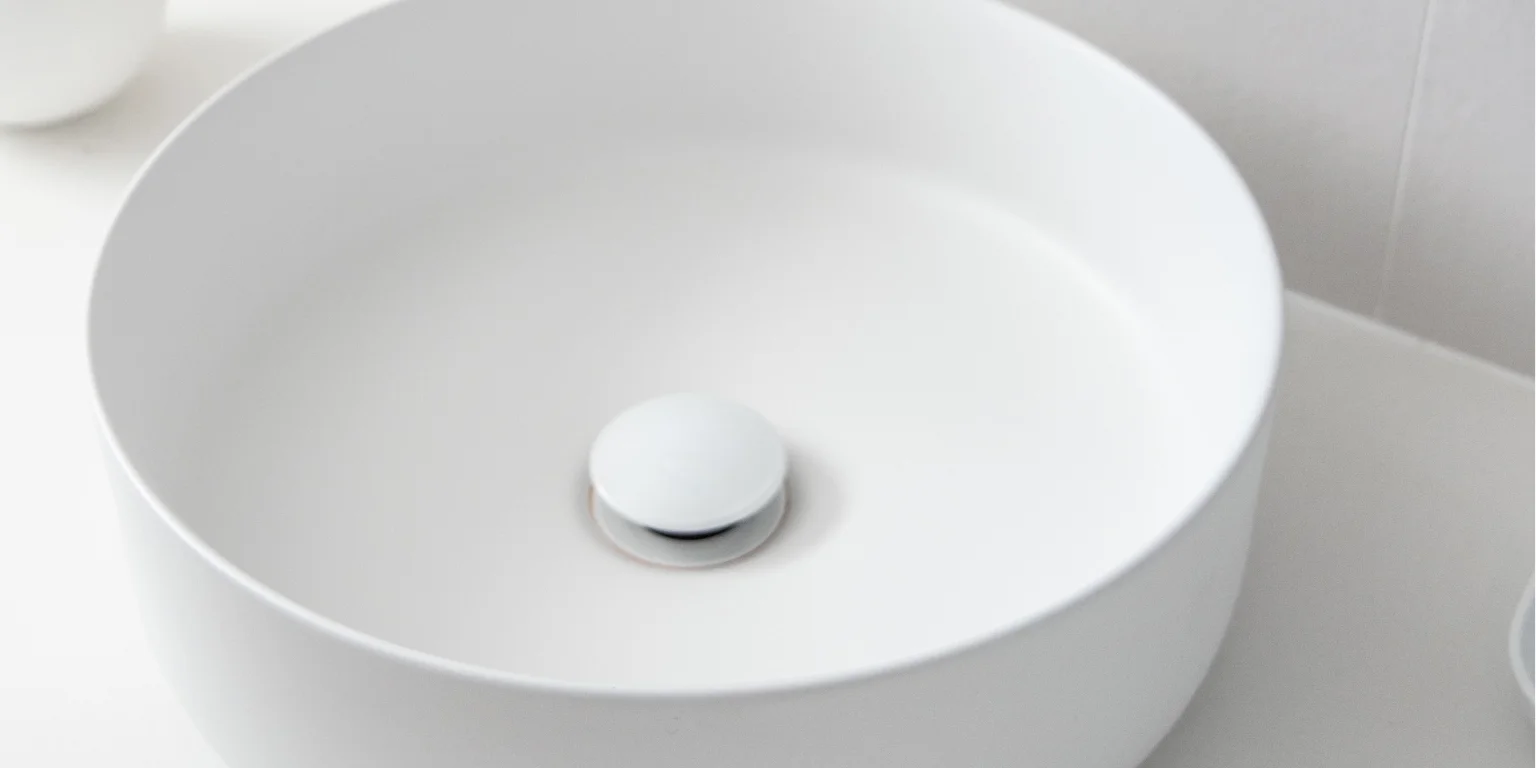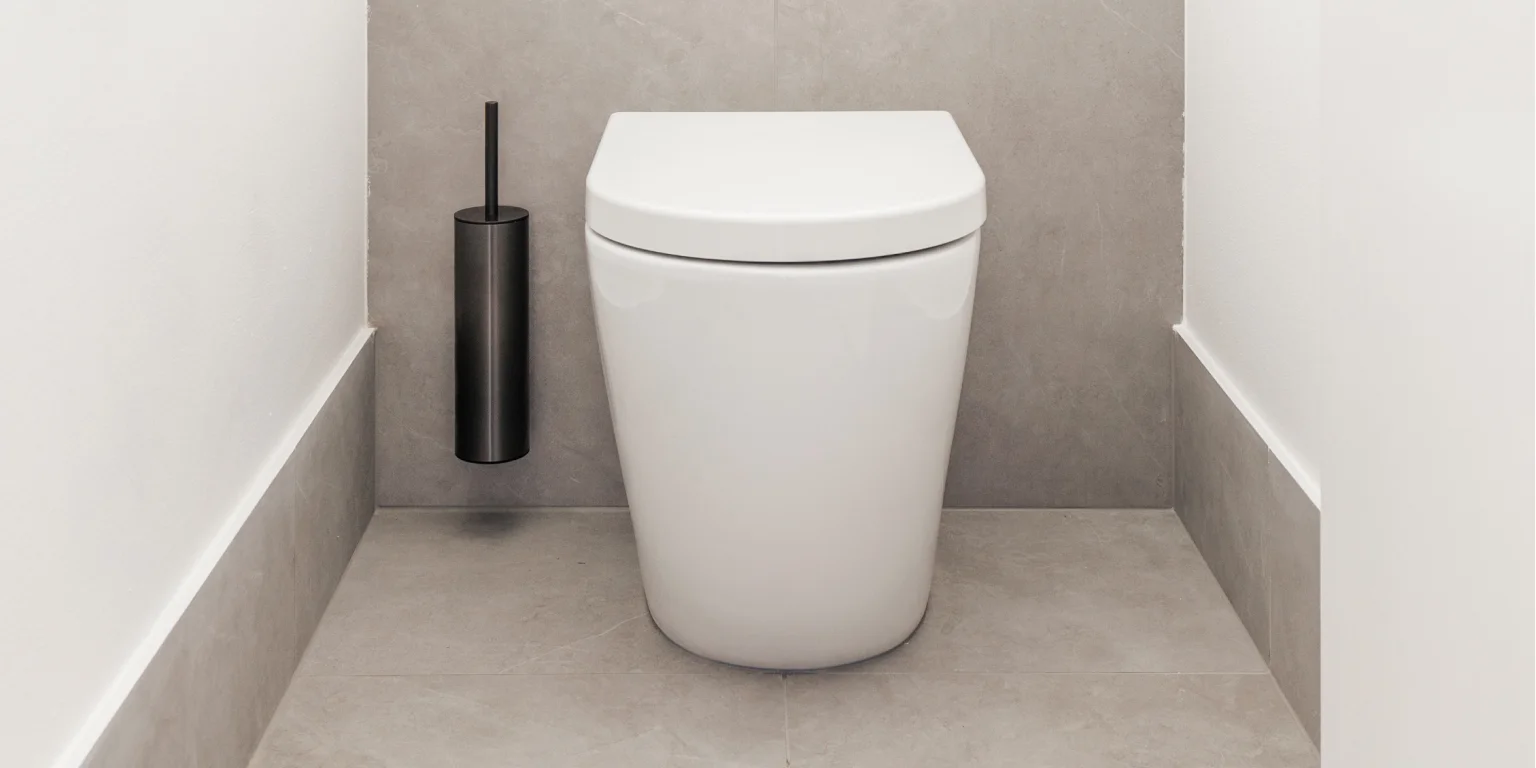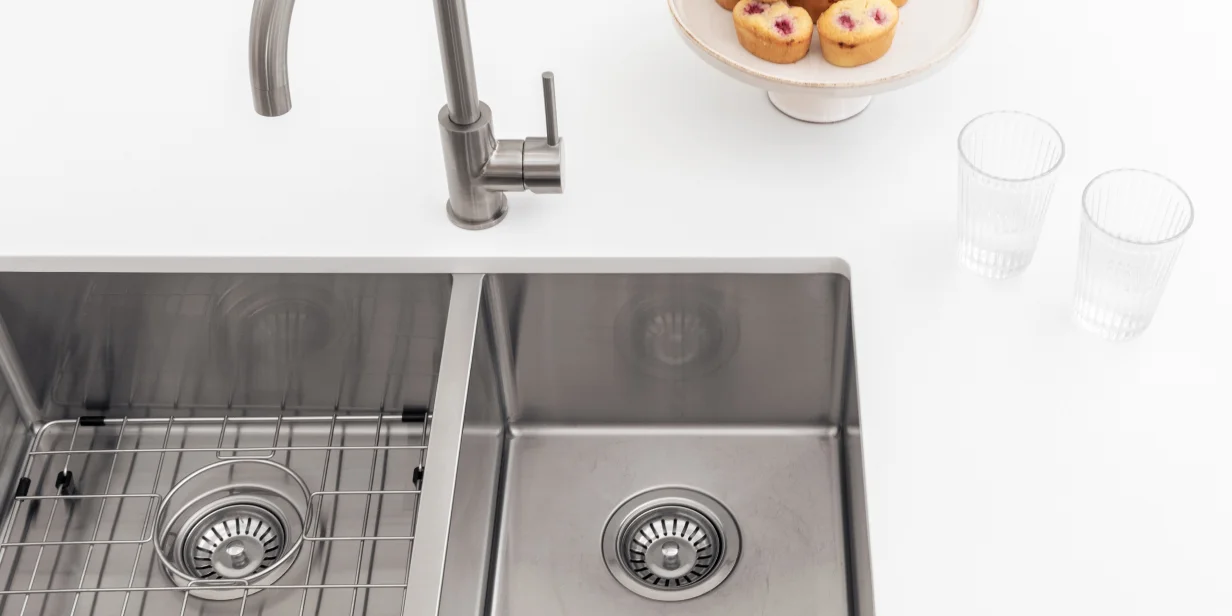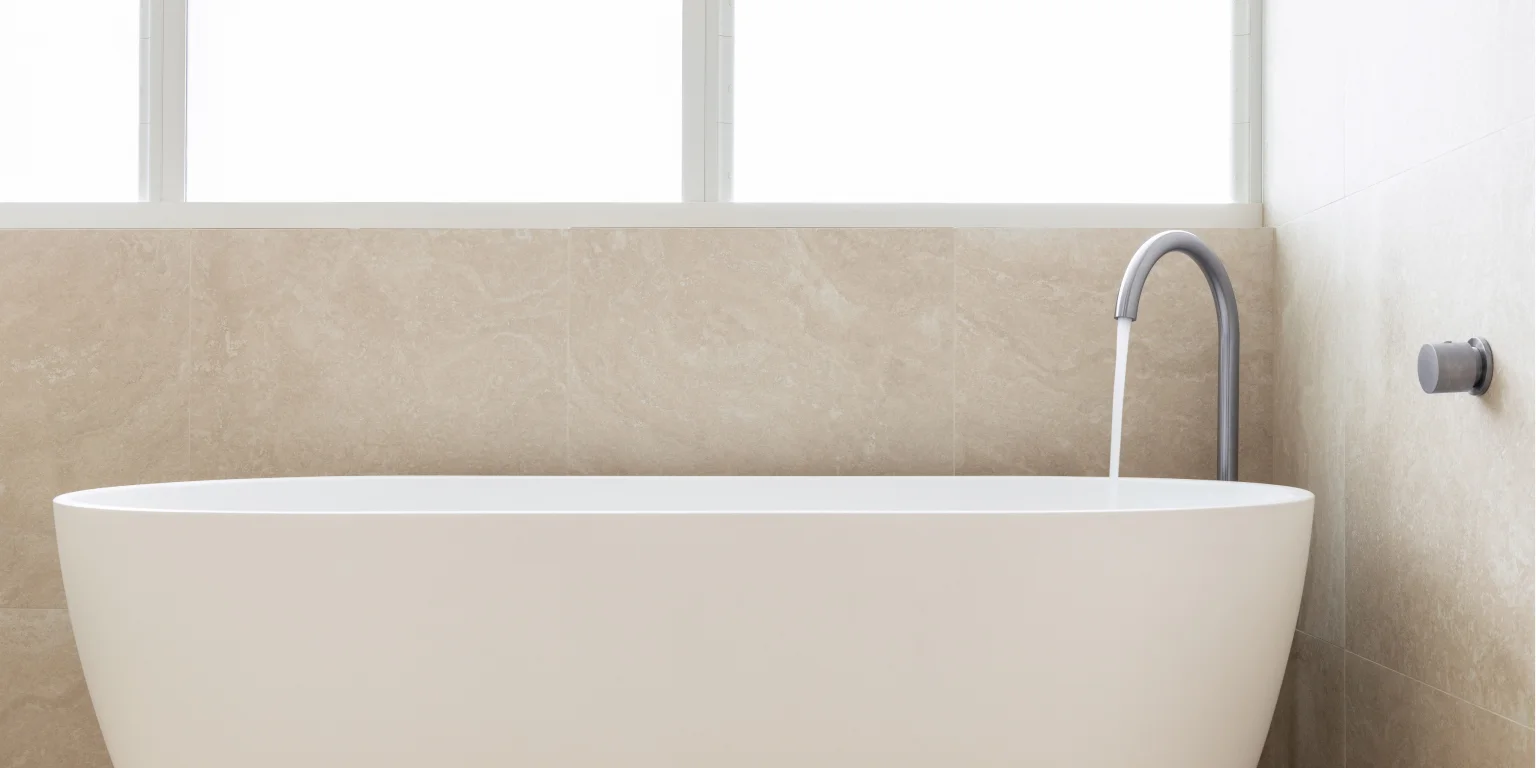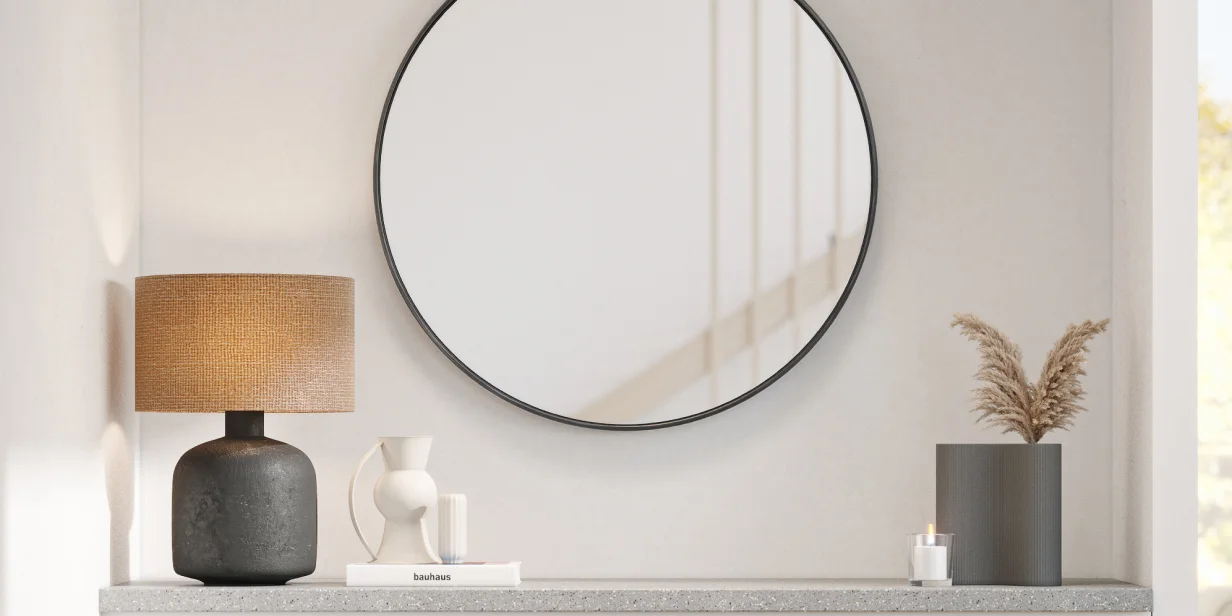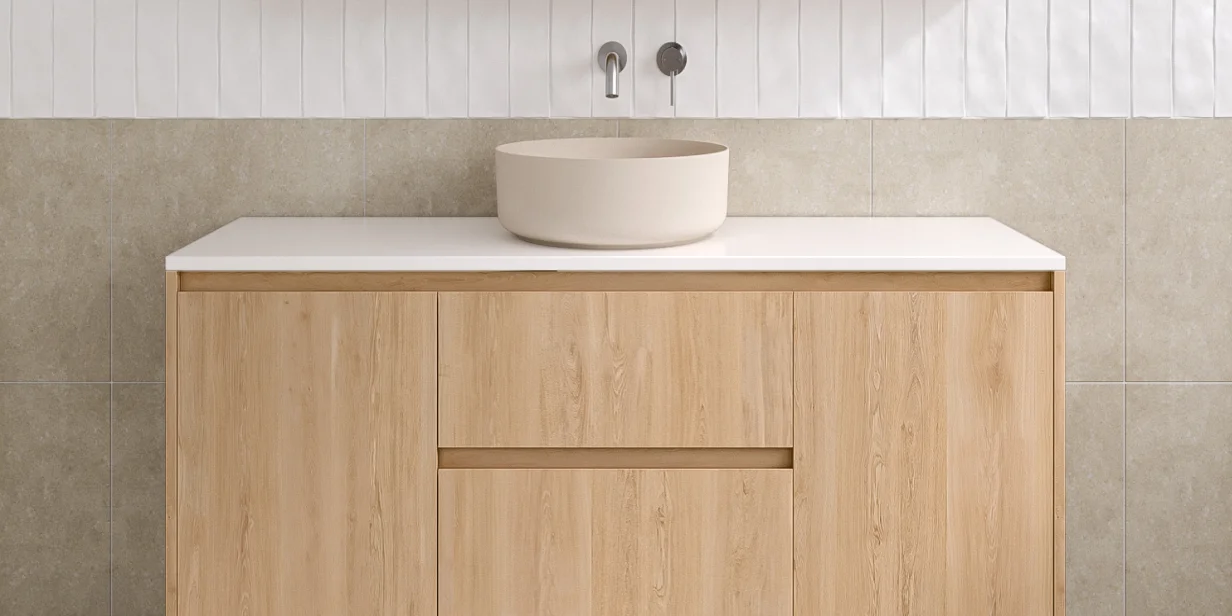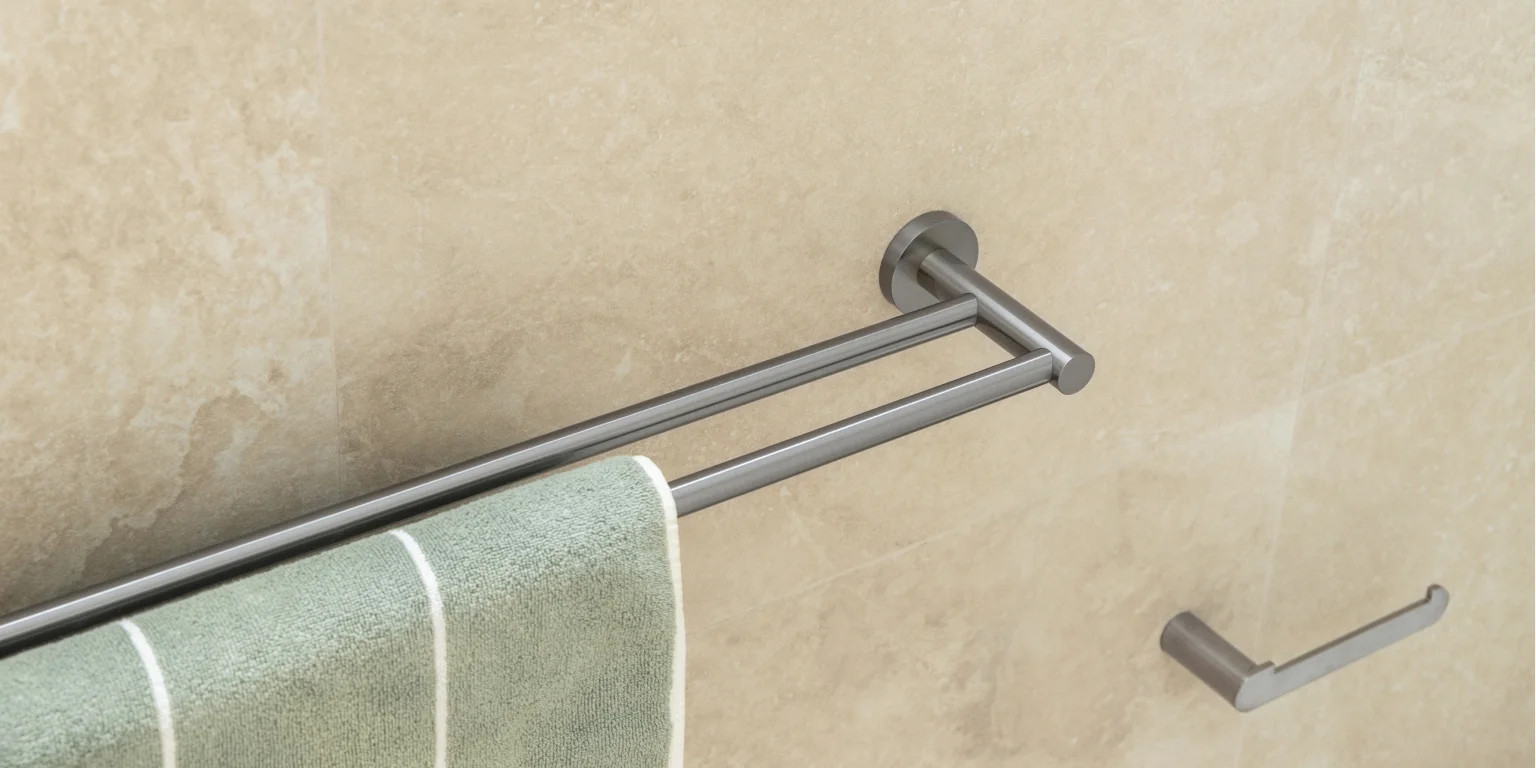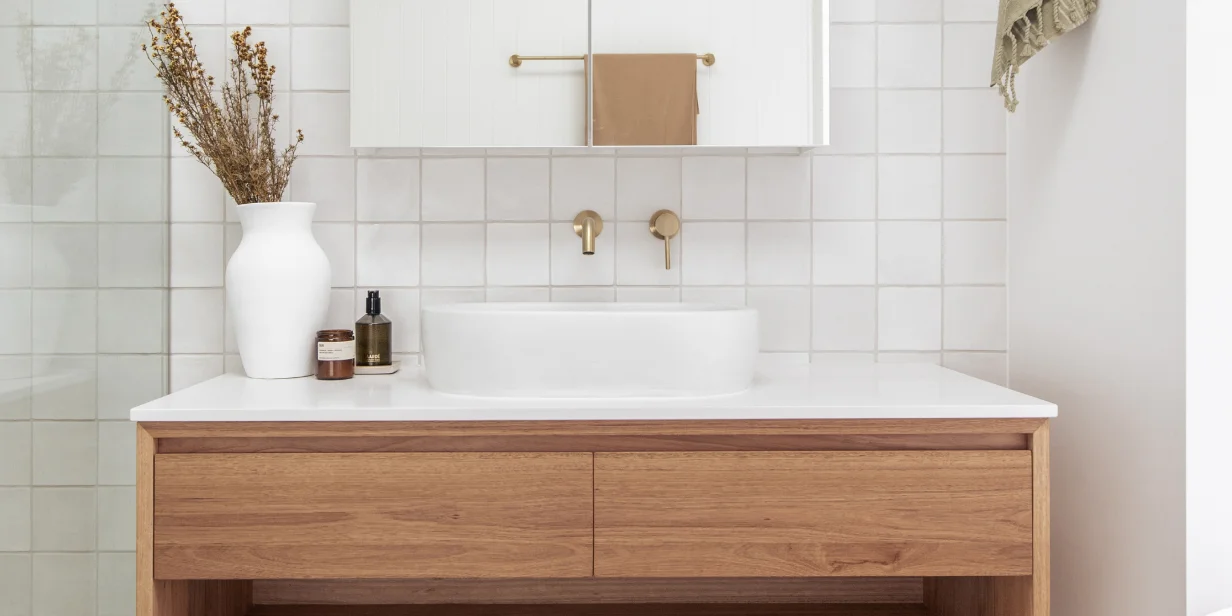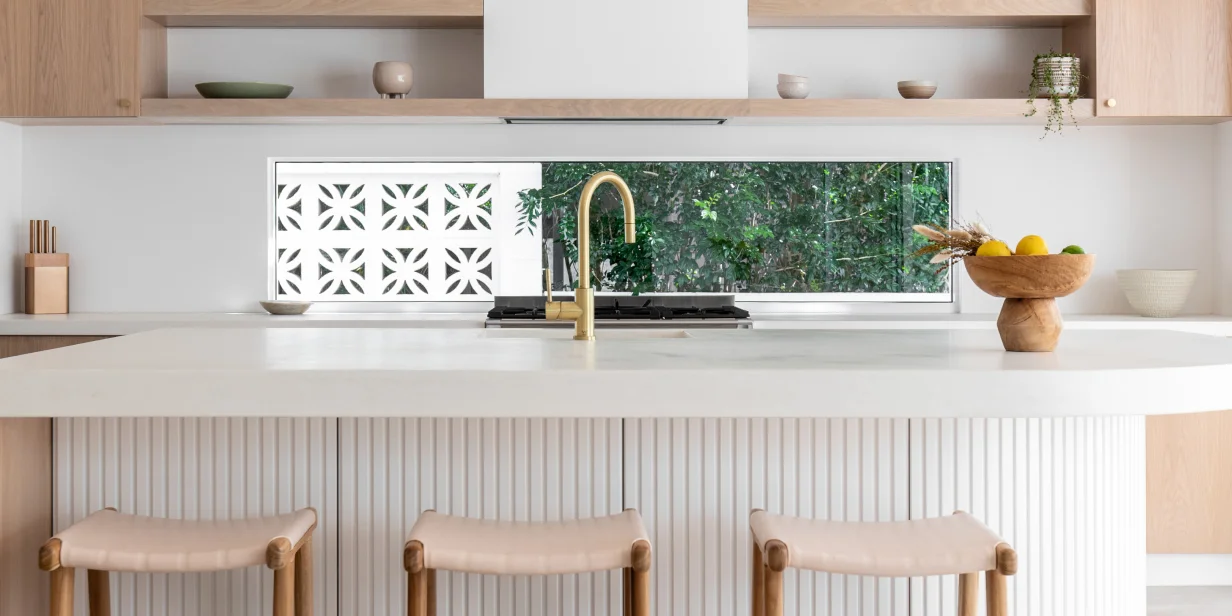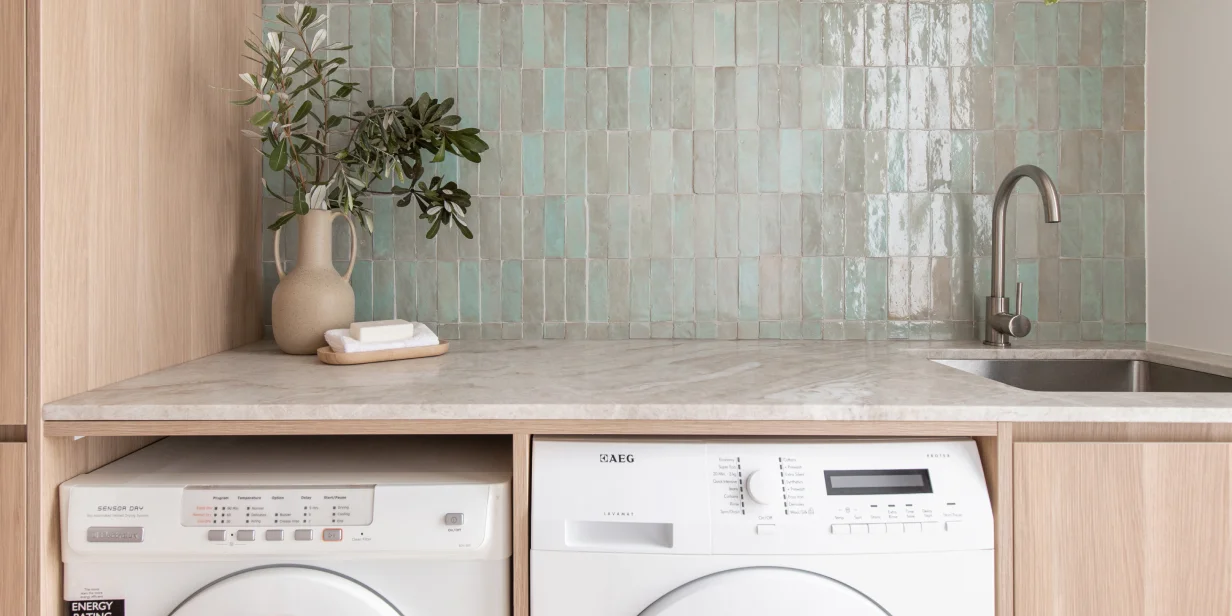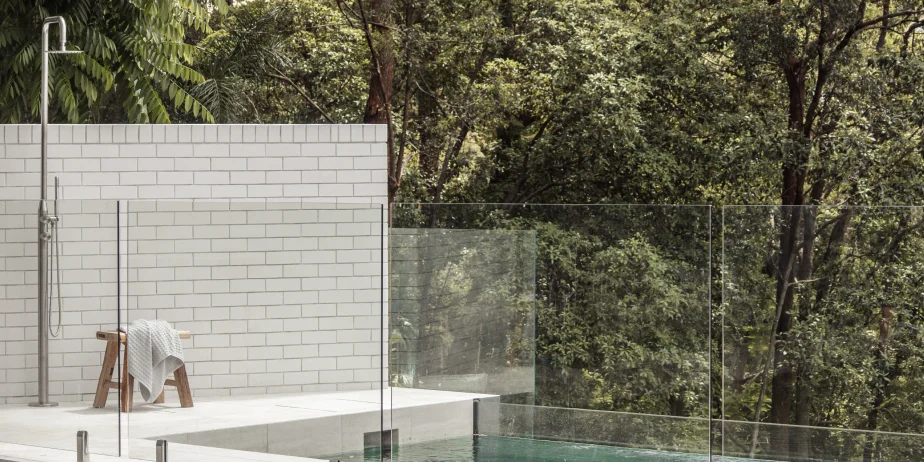10 OF THE BEST PLANTS FOR BATHROOMS + FREE DOWNLOADABLE CARE GUIDE
We retreat to our bathrooms to revitalise and refresh the senses. Therefore, using this area can create a lovely environment for some plants to thrive. Indoor plants for bathrooms have become a beloved decor piece for their aesthetics and ability to enhance a relaxing, spa-like atmosphere. It also helps that maintaining a watering schedule in the bathroom is effortless due to the proximity to taps and showers.
Whether your space has too much sun or not enough, we have listed the best bathroom plants that will survive in bathrooms with an in-depth scope of how to care for each of them.
If you want a pictorial overview of the care guide, you can also download our PDF.
ZANZIBAR
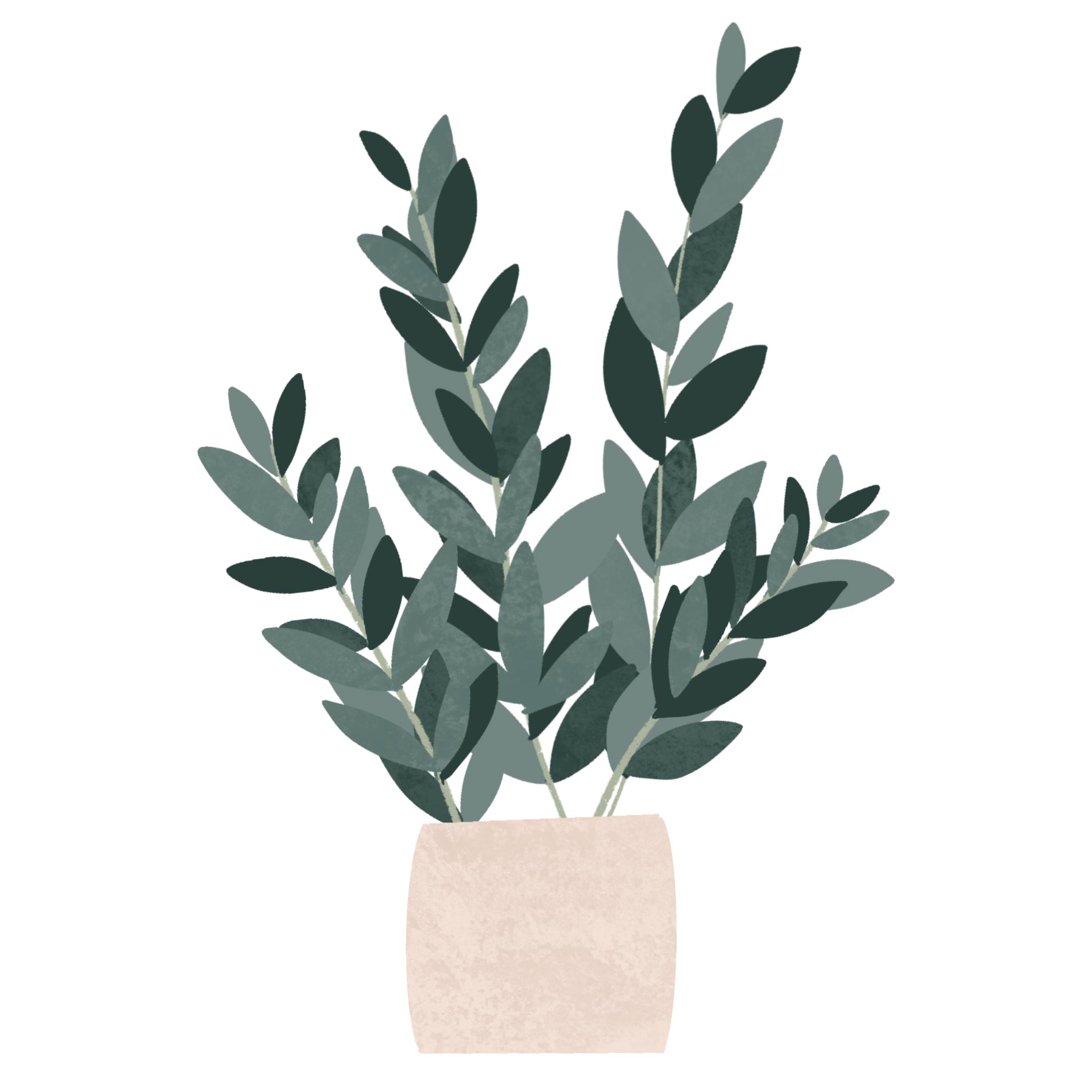
The Zanzibar (or ZZ plant) is incredibly resilient. A unique process powers its thick stems and elegant shiny leaves, making it a drought-tolerant plant. Zanzibar grows rhizomes that store water under the soil, allowing it to have a constant source of hydration. If you are looking for an indoor plant for a bathroom that requires minimal supervision, the Zanzibar will be your favourite guest.
Care Tips: Zanzibar can survive with very little light but thrives in bright areas. Keep it away from strong, direct sunlight, which can burn the leaves. It doesn’t require a regular watering schedule and can go for weeks, if not months, without water. Just water once you notice the soil is completely dry. As for conditions, average bathroom temperature should suffice, though it’s not too fond of cold temperatures.
SNAKE PLANT
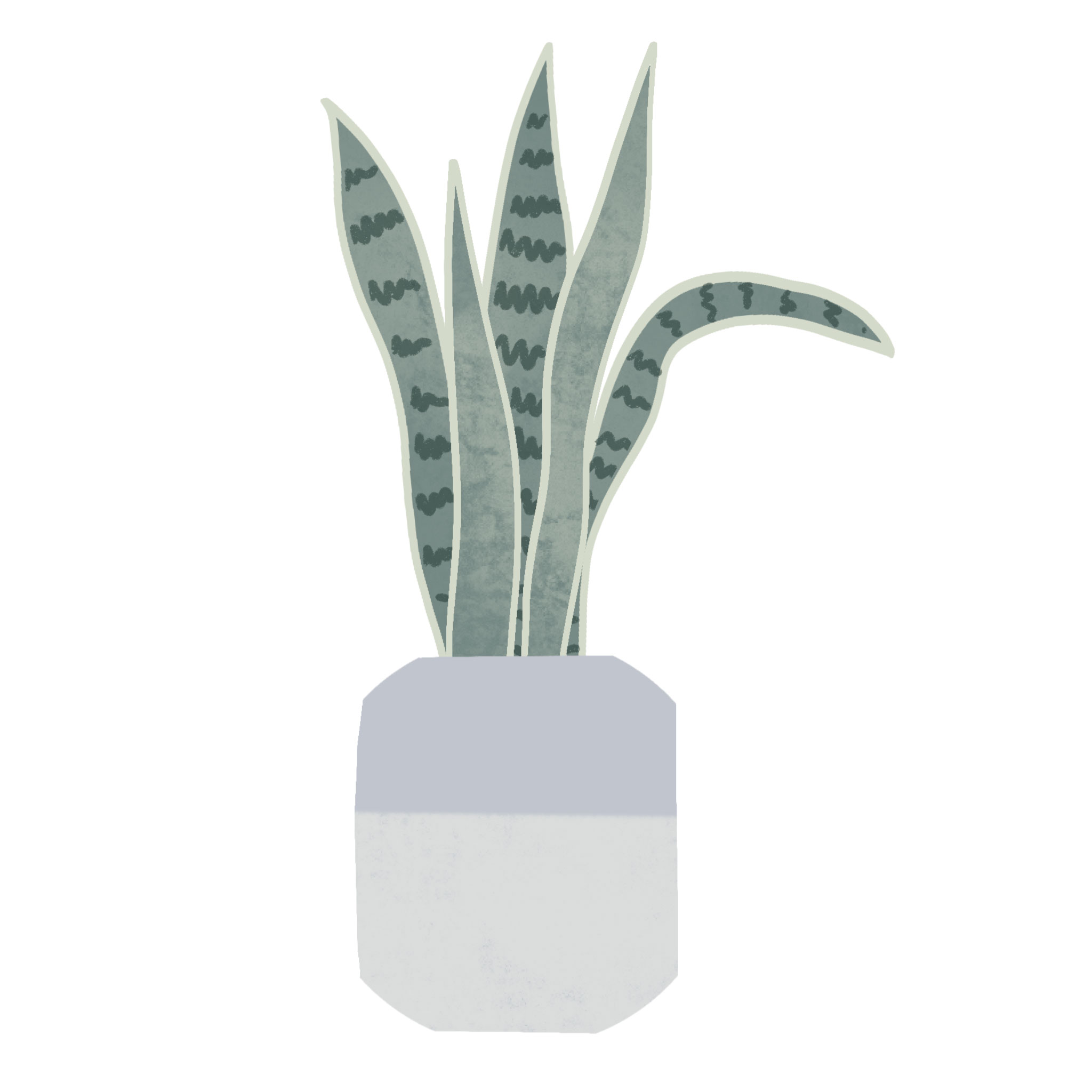
Also known as ‘mother-in-law’s tongue’, the snake plant is another hardy bathroom plant. It grows with broad, pointy leaves, usually featuring a green patterned centre and a yellow border on the edges. NASA’s 1989 Clean Air Study found that the snake plant is one of only a few plants that convert CO2 to oxygen at night. So, if you’re an evening bather, it may help you feel more relaxed and sleepy. Snake plants can either be potted or propagated in water.
Care Tips: Again, like the Zanzibar, this plant is remarkable for its stability. Snake plants prefer warm locales with small doses of direct sun but will survive in dim conditions, and they aren’t the biggest fan of the cold. As for water, these plants don’t need much — simply water when the soil is dry if planted or refill when water is low if in a vase. We suggest a monthly watering schedule as snake plants will rot if overwatered.
ALOE VERA
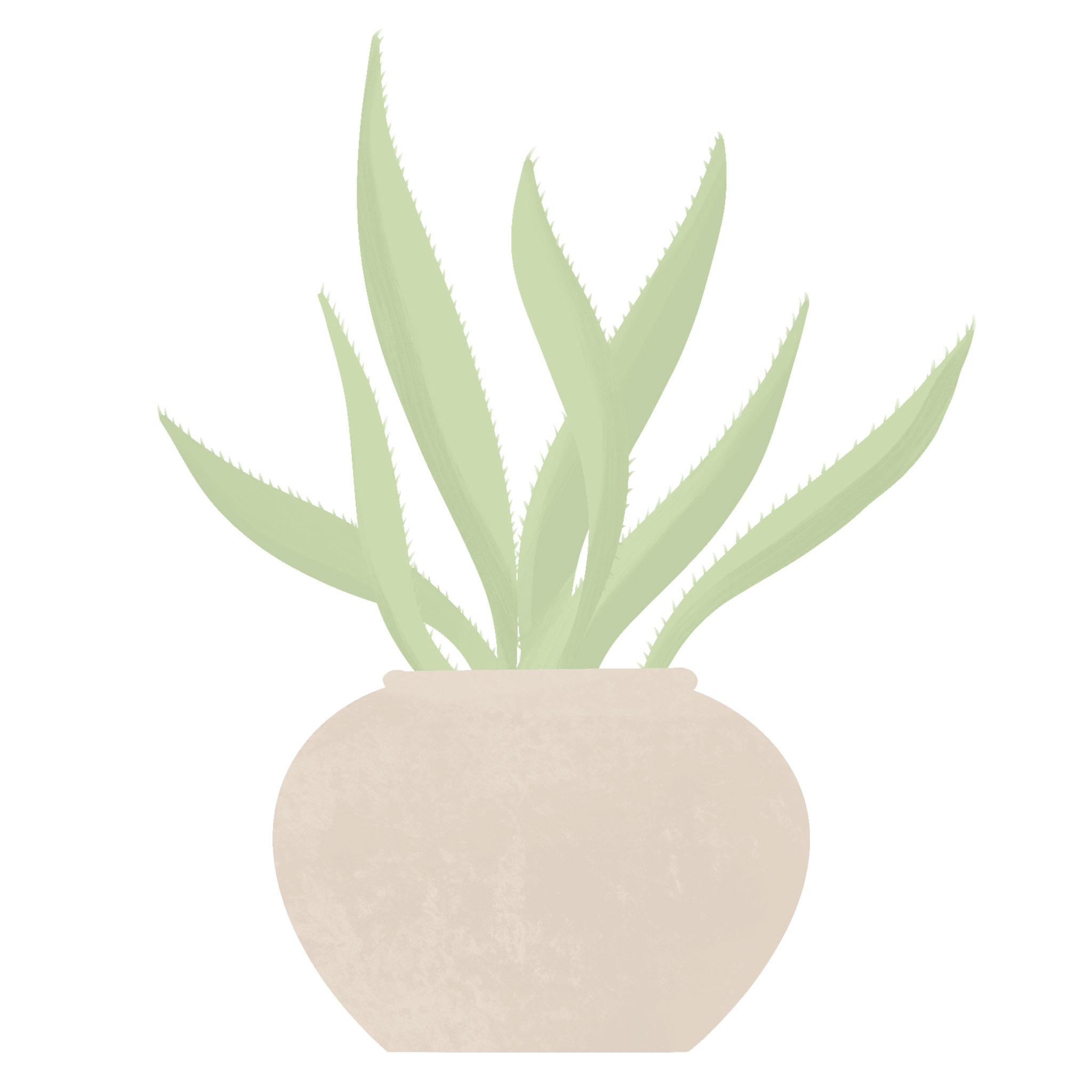
This popular succulent is widely accepted as a topical antidote for sunburn. Aloe vera is characterised by its fleshy leaves that grow out from the base, with prickly edges and a malleable centre. If you want to use the gel from aloe vera:
- - Pick a handful of leaves from the outer ring of the plant.
- - Cut them close to the base, which is the most nutrient-dense area.
- - Cut it in half lengthwise, then squeeze the gel into a bowl.
Having aloe vera as a bathroom plant is a great idea, especially in summer, as it provides a convenient reprieve for sunburnt skin or insect bites.
Care Tips: Like you and your skin, aloe vera likes bright, sunny spaces but not direct sunshine. Water reasonably regularly when the soil is dry. If you have been an attentive carer, you should not have to water it in winter as aloe vera tends to go dormant. This one can withstand cooler temperatures but not frost.
CAST-IRON PLANT
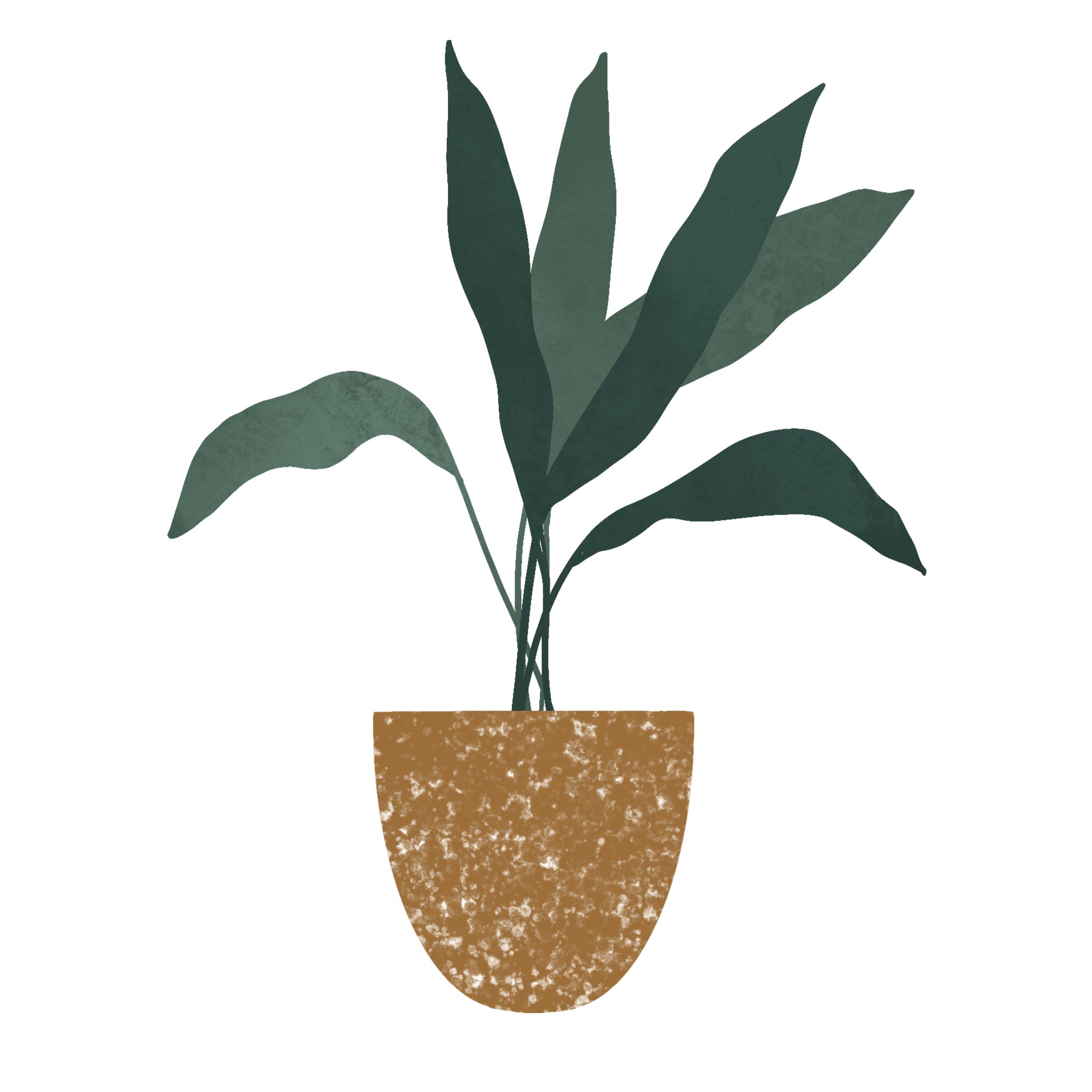
Another one for the hard-to-kill list is the cast-iron plant. The large, almond-shaped leaves arch downwards and are a stunning deep green. If you’re looking for something that grows a bit on the larger side, this is the best bathroom plant for you. The cast-iron can withstand even the most negligent plant parents and continues to live in situations where most other plants wouldn’t.
Care Tips: Do you want plants in your bathroom but worry that natural light isn’t plentiful? The cast iron doesn’t mind and can grow in complete shade if needed. Keep it away from direct sun, preferably in a north-facing bathroom. This plant isn’t too fastidious when it comes to watering; it just asks that you don’t overdo it, or it may get root rot. The cast-iron plant doesn’t like temperatures below 15˚C and favours humidity, making it an excellent choice for the bathroom.
BOSTON FERN

The Boston fern is the quintessential vision of ferns we all know and love. Splaying out with its lush fronds and evergreen colour, it can grow around 30-90cm high. This tropical variety has been a go-to for indoor plant enthusiasts, as they’re relatively easy to grow compared to other fern species. It can be a beautiful hanging plant for the bathroom, but its animated form will look impactful wherever it’s placed.
Care Tips: A perfect indoor plant for showers, Boston ferns enjoy conditions that mimic the tropical forest floor, such as high humidity, filtered sun, and cool temperatures. Keep it near a steamy shower or mist daily. Ensure your bathroom is bright, but don’t leave it in direct sunlight. Signs of not enough humidity will show in yellow and brown leaf tips. Also, make sure to keep the soil moist at all times but don't overwater.
PEACE LILY
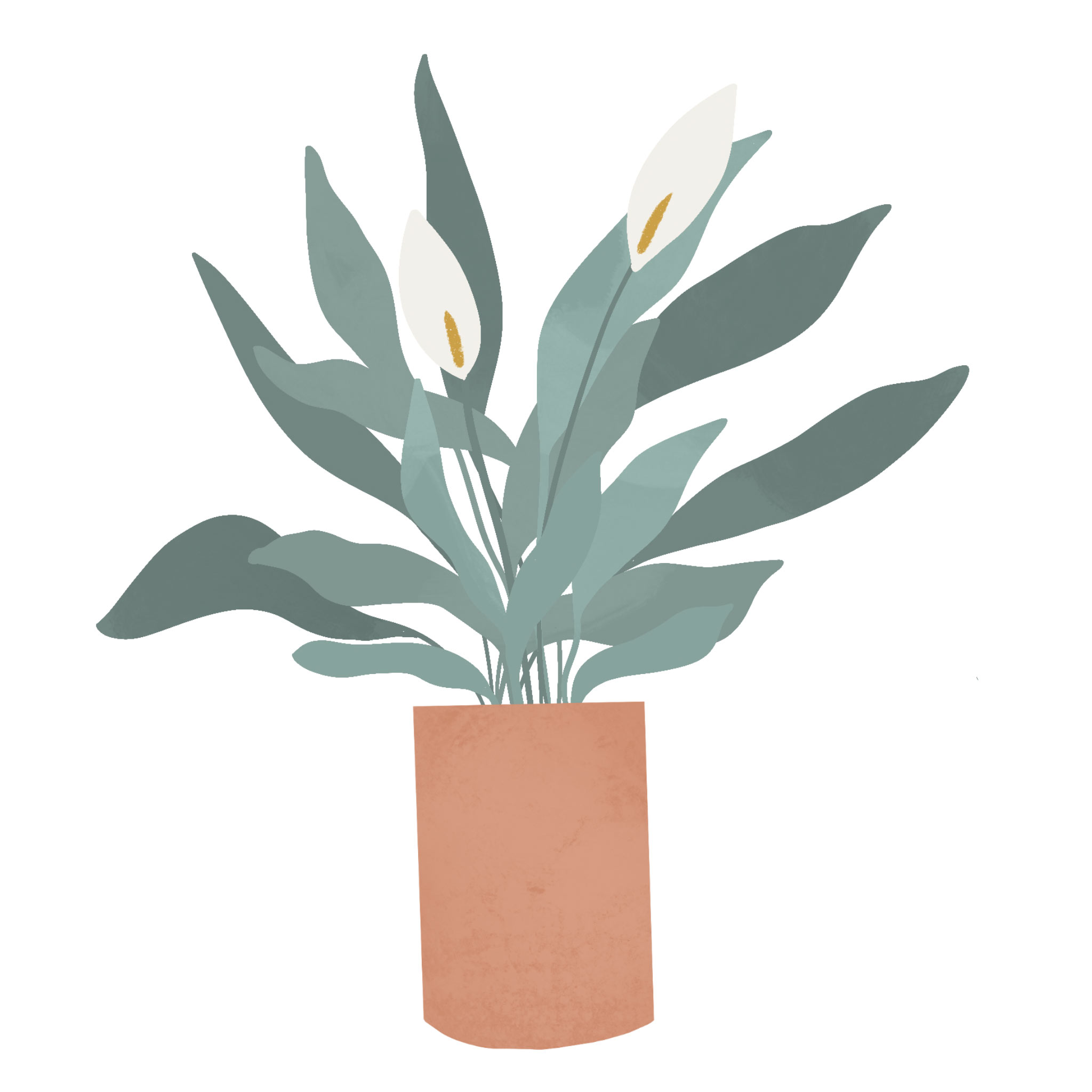
Attractive and elegant, the peace lily remains one of the standout houseplants for a reason. Beautiful white flowers can emerge gracefully above the other leaves and stay for several months. It originates from the rainforests of South America and enjoys a tropical climate, so it should survive well as a bathroom plant.
Care Tips: Peace lilies love a warm bathroom with filtered sun. Don’t put it in direct sunshine as it isn’t used to that in the forest. If the leaves start to pale in colour and curl, this indicates too much sun. It loves humidity, which is one of the reasons it is considered one of the best plants to put in the shower — so in summer, keep it close when showering and mist regularly. In winter, keep the soil moist, but do not overwater. As a true tropical lover, it doesn’t like the cold, so keep it warm to ensure it doesn’t deteriorate.
SPIDER PLANT
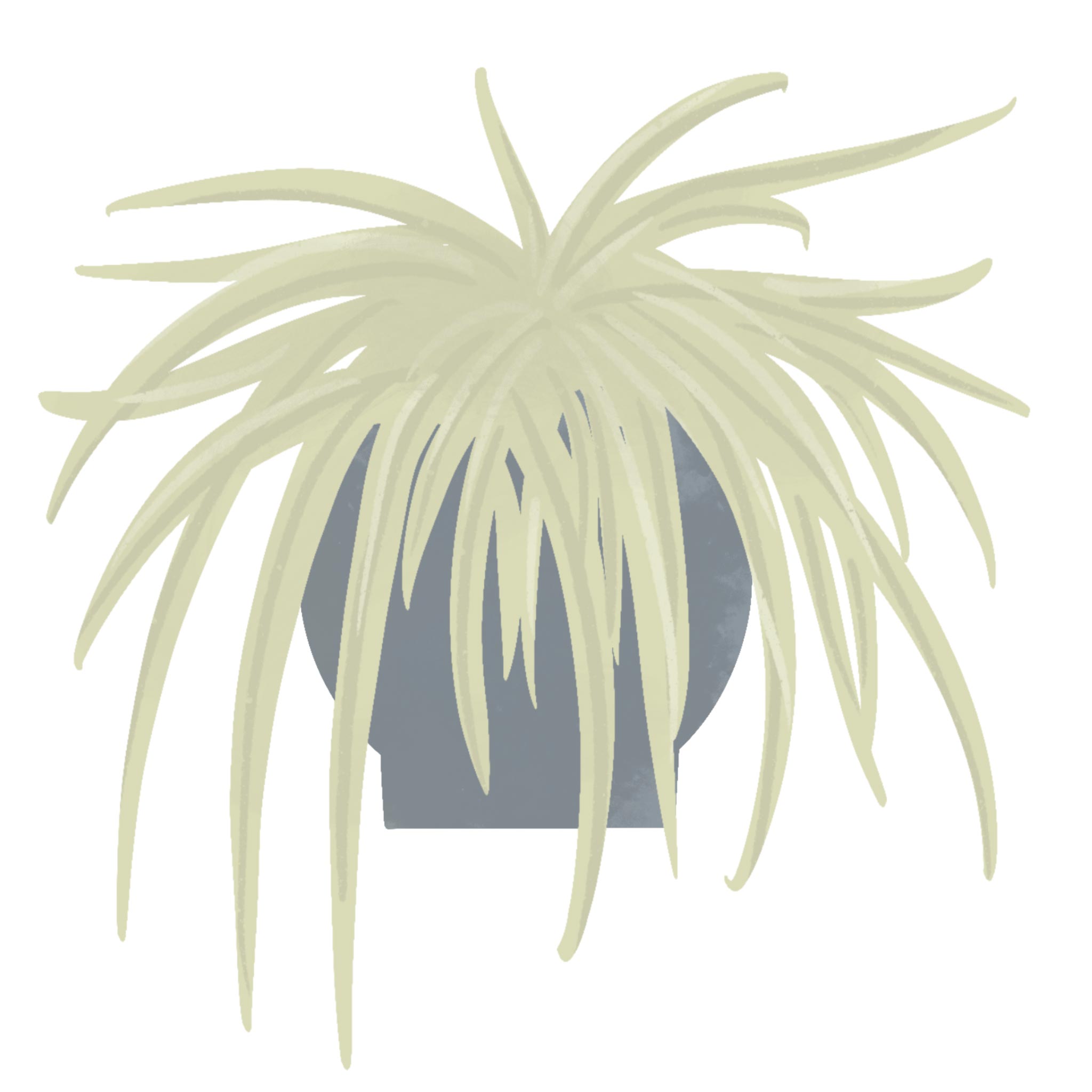
After another hanging plant for the bathroom? The spider plant could meet your needs. Like a real spider, it dramatically cascades down with its long, thin leaves and plantlets at the end. They are another terrific plant for busy people as they strive to survive.
Care Tips: Spider plants thoroughly enjoy bright, indirect sunshine. Direct light can burn the leaves. Keep them not too dry or not too wet, just a nice even moisture. In summer, you can keep them extra hydrated for growth but ensure they have adequate draining. Average room temperature and humidity work best for them; however, they don’t like being below 13˚C.
DRAGON TREE
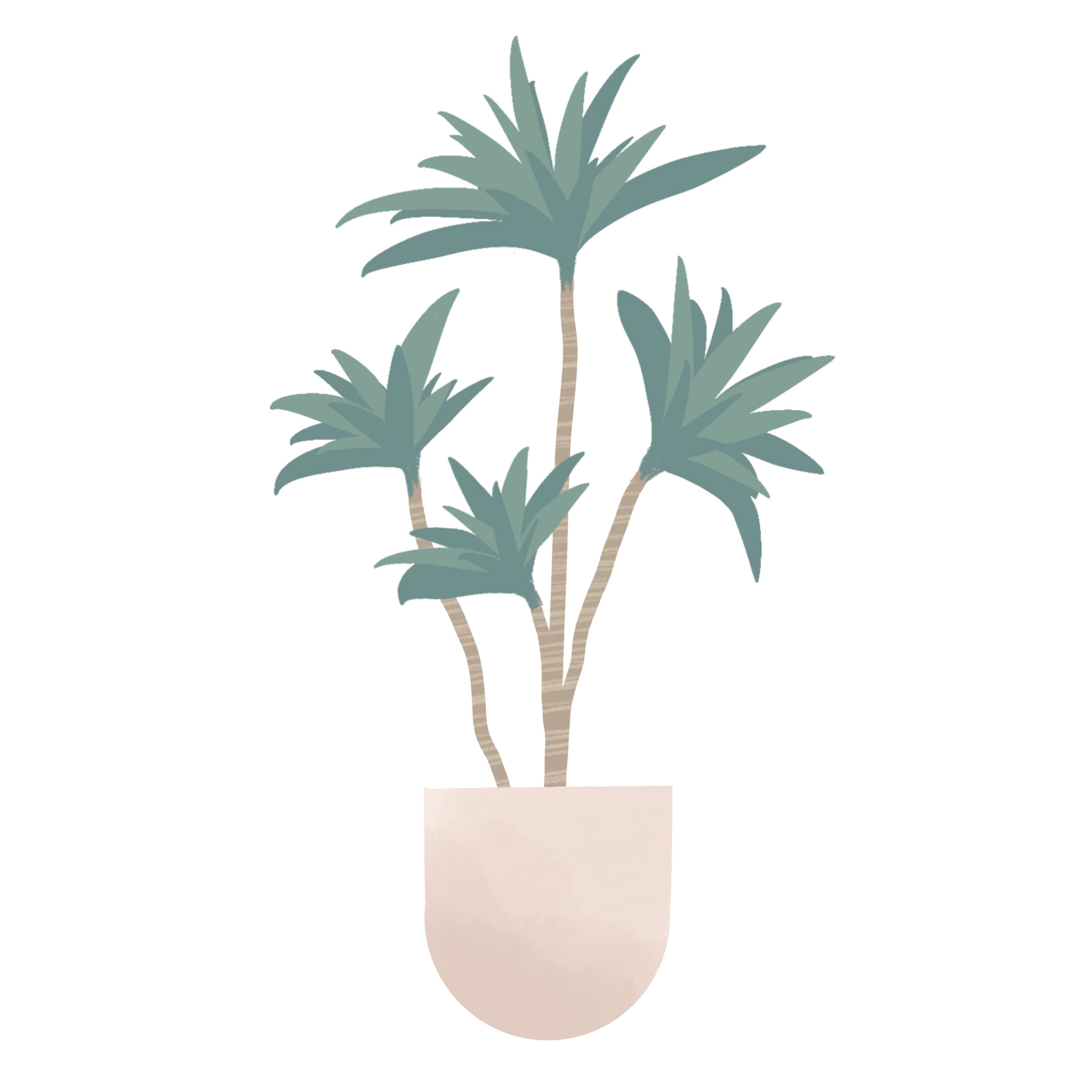
Dragon tree plants can bring an edge of uniqueness to your space. It features brown trunks with lively, strappy leaves that shoot upwards and survive well without too much watering. It’s an ideal bathroom plant as the dragon tree enjoys the conditions and offers a vibrant ambience.
Care Tips: Dragon tree plants prefer underwatering to overwatering, so you can water when the first few centimetres of soil are dry. Brown tips will tell you that you are overwatering your dragon tree plant. If the leaves are yellow, that means they want more water. Dragon trees particularly love warm climates and will do best in indirect sun. It does like a little bit of humidity, so in drier months, maintain a light mist.
CALATHEA FREDDIE

Ending on a beautiful and interesting note, we have the Calathea Freddie. This species is part of the ‘prayer plants’, meaning their leaves slightly fold up at night and are released during daytime. They are characterised by their bold light and dark green patterned leaves, making them a striking bathroom plant to watch in your space.
Care Tips: These plants aren’t the easiest for beginners, but we believe the bathroom will have the best conditions out of any place in the home. Calathea Freddie is a tropical plant that will suit a bustling and busy bathroom with humidity. If your bathroom runs on the drier side, mist frequently. Medium indirect light is its favourite, and it should avoid direct sun so there’s no scorching. Water when the top quarter of the soil is dry, and ensure it drains out the bottom. Empty any excess water to avoid overwatering. Keep it away from any cold temperatures and winds.
Interested in learning about sustainable landscaping? Continue up-skilling your green thumb by reading our conversation with Biodiverse Garden Design.
